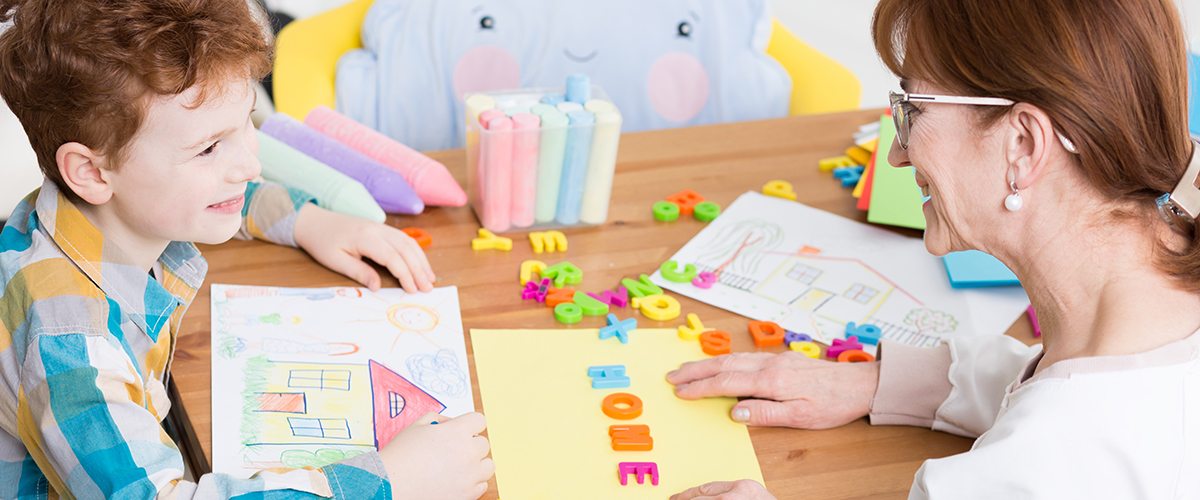[vc_row][vc_column][vc_column_text]
Researchers at Lehigh University are preparing to investigate whether cannabinoids can help treat the symptoms that affect children with autism.
Scientists at Lehigh University in Pennsylvania intend to partner with one of the state’s potential cannabis growers to determine whether cannabinoids are beneficial for children with autism spectrum disorder (ASD).
Affecting more than 3.5 million Americans, autism is a neurological and developmental disorder that begins in early childhood. The disorder impairs the ability to communicate and interact, and causes restricted and repetitive behavior. Symptoms of the condition are typically noticeable within the first two years of life and can last for years or be permanent.
The previous studies that have investigated cannabis’ efficacy for autism have been promising. Preclinical evidence suggests that the endocannabinoid system’s cannabinoid receptors, CB1 and CB2, are pharmaceutical targets with the potential to reduce the cognitive deficits and anxiety caused by the disorder. The CB2 receptor has shown to related to neuroprotective and anti-inflammatory responses that could be beneficial for the disorder. In a case study, after six months of cannabis treatments, a child with autism had significant improvements in hyperactivity, lethargy, irritability, stereotypy and inappropriate speech.
For years, professors at Lehigh have been working with autistic children at Centennial School, a special focus facility that serves children with developmental disorders like autism. They’ve also been working with autistic children at the university’s Center for Promoting Research to Practice.
Lehigh’s Dean of Education, Gary Sasso, told The Morning Call that the university would be collecting some of the first quantitative data on cannabis and autism.
“Does it mitigate some of the major characteristics of autism – social reluctance, language [challenges] and other stereotypical behaviors they sometimes engage in?” said Sasso. “We have that kind of expertise to do that.”[/vc_column_text][/vc_column][/vc_row][vc_row][vc_column][vc_single_image image=”17365″ img_size=”1200×250″ onclick=”custom_link” img_link_target=”_blank” link=”https://www.medicalmarijuanainc.com/overview-of-medical-marijuana-research/”][/vc_column][/vc_row][vc_row][vc_column][vc_column_text]Lehigh plans to work closely with BioGreen Farms, a cannabis growing facility currently competing for a state license. BioGreen’s medical director, Dr. Sue Sisley, has previously participated in cannabis-related medical studies, including one government-approved trial on the effects of cannabinoids and post-traumatic stress disorder in veterans. She is a member of the steering committee at Thomas Jefferson University’s Lambert Center for the Study of Medicinal Cannabis and Hemp, and has said that she is eager to conduct research on how cannabis may help those with autism.
The university intends to wait to see whether BioGreen is awarded a grower’s license from the state before it seeks grants to fund its autism studies.
Pennsylvania, where Lehigh University is located, is the only U.S. state of the 29 with legal medical marijuana that allow children diagnosed with autism to lawfully be treated with medical cannabis.
A team of Israeli researchers is currently conducting the world’s first study on cannabidiol (CBD) on autism. CBD is one of the most abundant cannabinoids found in cannabis. The study, involving 120 patients between the ages of five and 29 years, started in January and is expected to last through the end of 2018.
You can learn more about the research already completed on cannabis and autism by visiting our education page. Keep up with the latest cannabis studies through our news feed.[/vc_column_text][/vc_column][/vc_row]






